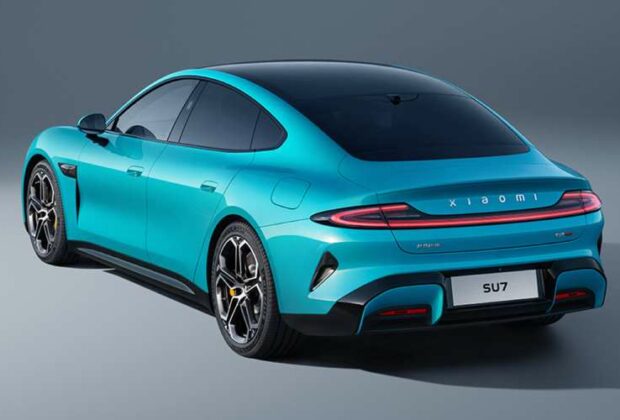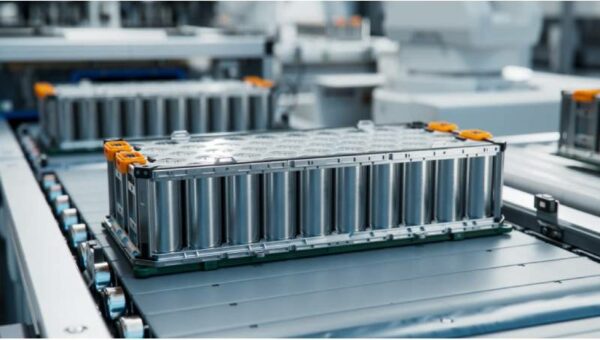With the launch of its first product, the SU7 performance sedan, Xiaomi, the massive Chinese digital company, is poised to transform the electric vehicle (EV) market. After investing a significant RMB 10 billion yuan to enter the car business in March 2021, Xiaomi is prepared to begin mass producing the SU7 in mid-to-late February, with a target monthly output of 2,000 units in March.
Positioned as a direct rival to Tesla’s Model S, the SU7 has outstanding specs, such as an 800V fast-charging design and acceleration times of less than 3 seconds. Xiaomi is known for producing items that are affordable, but the SU7 is priced competitively in two trim levels: the SU7 RWD, which costs $35,200, and the SU7 AWD, which costs $55,000. With a potent 495kW (664 hp) output and a high-nickel 101 kWh battery from CATL, the top trim is anticipated to cost more than $50,000.
The car is based on Xiaomi’s proprietary 800V electric vehicle architecture, known as Modena, and includes the cutting-edge Hyper OS for connection and smart features. With input from ultrasonic sensors, LiDAR, and high-resolution cameras, the SU7 can drive itself. This demonstrates Xiaomi’s dedication to using cutting-edge technologies in the automotive industry.
Xiaomi explains why the price range of $35,200 to over $50,000 is reasonable by emphasising the high-performance components, cutting-edge features, and unique Hypercasting manufacturing process. For the creation of the SU7, the business has engaged a staff of 3,400 engineers and spent a substantial $10 billion on research and development.
The Chinese New Year break presents hurdles for Xiaomi, and the business expects higher communication and adjustment costs. Xiaomi, however, seeks to overcome obstacles effectively, with almost all R&D and validation testing finished before to the Start of Production (SOP) stage. manufacturing usually reaches 2,000 vehicles per month during the SOP phase, which is a significant shift from R&D to the manufacturing department.
According to Xiaomi’s lofty goals, capacity ramp-up will be finished by mid-2024, and by July of that same year, monthly production should surpass 10,000 units. The SU7’s competitive stance in the contemporary EV market, although departing from Xiaomi’s customary midrange pricing, demonstrates the company’s commitment to having a big influence on the automotive sector. Customers and industry insiders are anticipating the official launch date with great anticipation.








